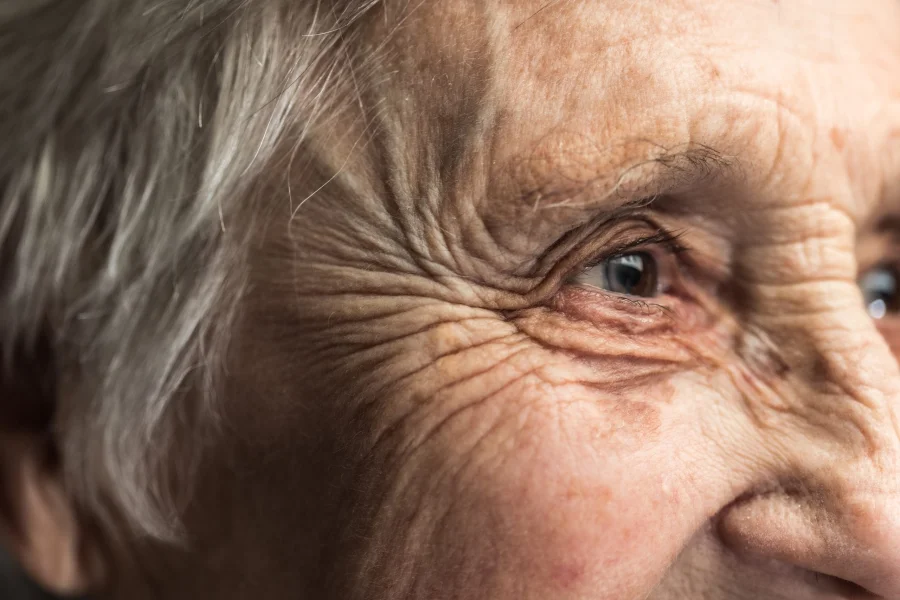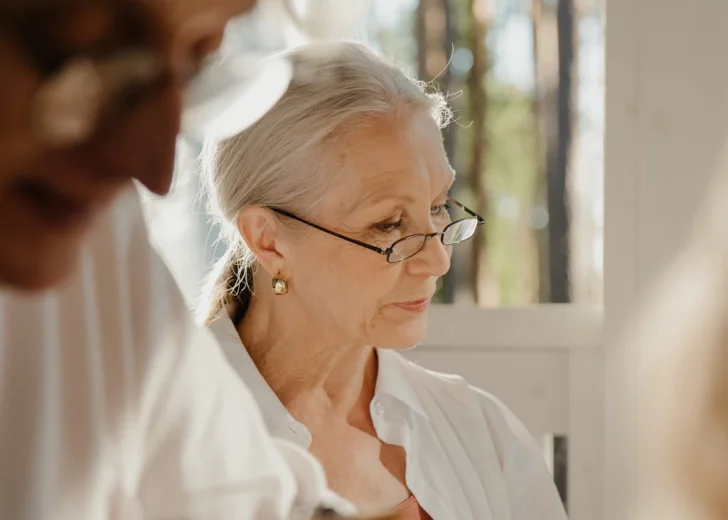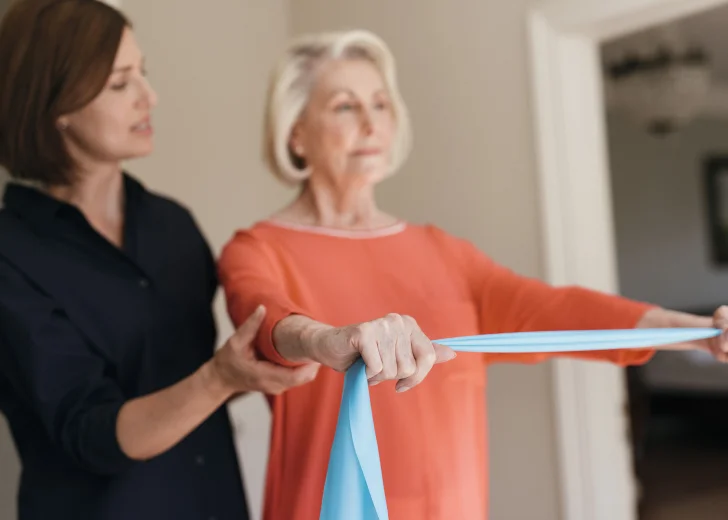Palliative care is a compassionate approach provided when someone first learns they have a life-limiting illness. The aim is to provide specialised medical care that focuses on providing relief from pain and other symptoms, helping all to make important decisions about health and treatment.
In discussions about palliative and end-of-life care, several misconceptions often arise, leading to misunderstandings and unnecessary distress. These myths can prevent families and patients from fully benefiting from the compassionate support and symptom management that palliative care provides. Our end-of-life nursing team have provided some information to try and combat these myths. This article highlights the true benefits of vital services, debunking the common myths surrounding palliative and end-of-life care. We hope this can offer some relief and comfort for those going through a challenging time.
What are some common misconceptions about Palliative and End-of-Life care?

Myth: Palliative care hastens death.
Fact: Palliative care does not hasten death. It provides comfort and the best quality of life from diagnosis of an advanced illness until end of life. It helps the patient stay as comfortable as possible, from the start of a serious condition until the end of life. In fact, people who receive palliative care often live longer than those with the same advanced illness who do not receive palliative care, studies show.
Myth: People in palliative care who stop eating die of starvation.
Fact: People with advanced illnesses don’t experience hunger or thirst as healthy people do. People who stop eating die of their illness, not starvation.
Myth: Pain is a part of dying and taking pain medication leads to addiction.
Fact: Pain is not always a part of dying. It is a common reason to seek palliative care. But palliative care also treats other symptoms. If pain is experienced near end of life, there are many ways it can be alleviated. sometimes opioids (pain medications) are prescribed for pain control. However, palliative care looks to use medications and non-medications to treat pain such as complementary therapies (massage, acupuncture, Reiki, pet therapy, etc.) and other types of non-pain medications that help with pain control.
Keeping people comfortable often requires increased doses of pain medication. This is a result of tolerance to medication as the body adjusts, not addiction.
Myth: I’ve let my family member down because he/she didn’t die at home.
Fact: Sometimes the needs of the patient exceed what can be provided at home despite best efforts. Ensuring that the best care is delivered, regardless of setting, is not a failure.

Draycott Nursing & Care has been based in Chelsea for over 27 years, our team comprises highly trained and experienced palliative care professionals specialising in end-of-life care. Our nurses have the expertise to help manage pain and symptoms, provide emotional support, and ensure the comfort and dignity of the individual while they remain in their own home.
As The World Health Organisation has highlighted, with an ageing population, the need for palliative care is growing. Despite this increased need, currently worldwide only about 14% of people who need palliative care currently receive it. Early delivery of this care reduces unnecessary hospital admissions and the use of health services. Embracing palliative care early can make such a difference and means meaningful support during difficult times.





